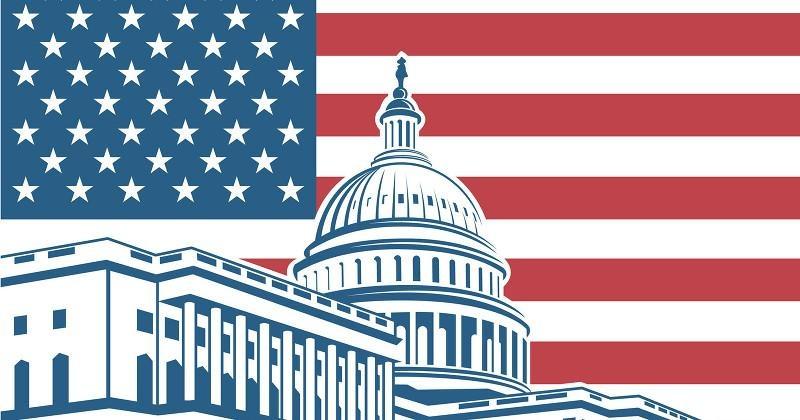
Not all House departures are created equal. Rep. Chris Collins’ resignation should make it easier for Republicans to hold his Buffalo-area seat, because the GOP should have a nominee without legal problems. But New York’s multiple ballot lines could complicate a special election, as it has in the past.
Collins, who was re-elected last year proclaiming his innocence on charges of insider trading, submitted his resignation on Monday and is expected to change his not guilty plea on Tuesday. .
His legal troubles made holding his district more complicated than it needed to be for Republicans. Donald Trump carried the district 60-35 percent in 2016, yet Collins won by less than one-half of 1 percent in 2018.
Since Collins won’t appear on the 2020 ballot, Inside Elections is changing its rating of the race from Lean Republican to Solid Republican.
Normally, the seat would warrant a Solid Republican rating. But in the past, Republicans found ways to make special elections more interesting than they need to be. Most recently in North Carolina’s 9th District, Republicans spent more than $6 million defending a district that Trump carried by more than 10 points. Trump won New York’s 27th by 25 points.
New York’s races can be uniquely complicated, however, because of third parties having their own ballot lines, which could divide partisan voters.
For example, in 2011, Democrat Kathy Hochul (who is now the lieutenant governor) won the 26th District special election with 47 percent against Republican Jane Corwin (42 percent) and wealthy Tea Party candidate Jack Davis, who received 9 percent. (Collins defeated Hochul by 2 points in 2012.)
And back in 2009, Democrat Bill Owens won the 23rd District special election with 48 percent while Conservative Party candidate Doug Hoffman received 46 percent and Republican Dede Scozzafava (who dropped out before the election) received 6 percent.
Once again, this district should elect another Republican. It’s Pure Rural, according to City Lab, and 92 percent non-Hispanic white, and the type of area that has been trending Republican. But the potential for a divide in the Republican Party to manifest itself between multiple candidates on one ballot is a potential headache. And a special election timed with the Democratic presidential primary could hinder GOP chances as well.
According to state law, there will be no primaries, so local county party officials will choose nominees based on weighted vote from the previous gubernatorial election. Typically, Democrats and Republicans choose their nominees first followed by Conservative, Working Families, Green Party, Libertarian, and Independence parties, on separate, subsequent nights.
“In most cases, everyone gets the joke and the Republicans and Conservatives nominate the same person and Democrats and Working Families parties nominate the same person,” according to one GOP operative from New York. “It is technically possible that different candidates come out of that process on either side of the equation. That happens in rare cases...

